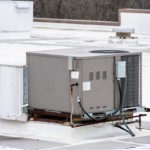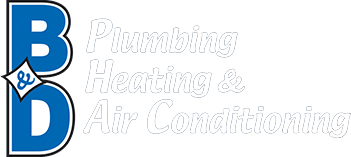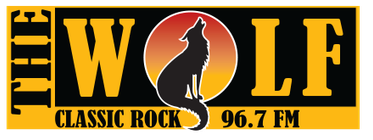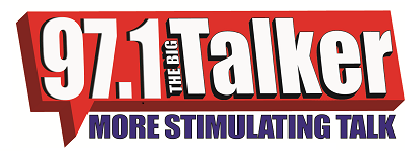Major Differences Between Residential and Commercial HVAC Systems
Most people never stop to consider the technological differences between residential and commercial heating and cooling equipment. However, for those who happen to own or operate businesses and a home, learning the differences between the two can be very helpful.
The truth is, both types of systems use the same operating principles but on very different scales. Heating and cooling a home is entirely different from heating and cooling a factory with special temperature and humidity requirements. Here is a quick guide to help owners learn some of the differences between the two different types of HVAC equipment.
Size and Placement Differences

The demands placed on a residential heating and cooling system are far more predictable and easier to accommodate than those set on a commercial system. As a result, residential systems are usually designed with little flexibility in mind. The unit is sized based on the expectation of the work it will have to do and nothing more. Residential units are also smaller since residential spaces are smaller than commercial spaces.
Modular commercial HVAC units are typically much larger than those found in homes. Thus, they are usually put on rooftops to save space and cut down on visual and noise pollution. Commercial units house both heating and cooling components as well as distribution equipment, like blower fans. They can be customized to exact customer specifications and even expanded as necessary.
Complexity
Residential units are simple in comparison to commercial HVAC equipment. Residential heating and cooling units can break down into two main components. The outdoor component is responsible for recycling refrigerant, while the indoor component is responsible for distributing the conditioned air.
On the other hand, a commercial heating and cooling system can be more complex. They are almost always larger in scale than any residential system and are designed to meet different demands. Commercial HVAC equipment can control multiple zones at a time. They can make special adjustments to humidity and can even perform heating and cooling to different zones at the same time according to needs. The complexity of commercial systems makes them more efficient for operating on a larger scale under more diverse conditions.
Type of Machinery and Specific Maintenance
Maintaining a residential or commercial heating and cooling system is crucial to getting the most out of it in the long run. HVAC contractors often offer convenient programs for maintenance, whether the system is residential or commercial. Either way, these programs are worth the money.

Qualified contractors can easily do residential HVAC maintenance. They will need access to both the indoor and outdoor units to check refrigerant levels and fan performance. During a visit, they will likely change the filters and offer any advice on potential repairs.
Commercial HVAC equipment is more difficult to maintain. While all of the equipment is located in one place, the complexity requires more steps. Maintenance programs are similar to work done periodically on residential units, but they may be required more often since commercial environments are often harsher than residential environments.
About B & D Plumbing, Heating & A/C
B & D Plumbing, Heating & A/C has served St. Michael, MN for nearly 40 years. They always stay up-to-date and offer the latest technology at great prices. Upfront pricing and fully stocked trucks mean they can take care of problems before most other companies can even show up. Call now for expert HVAC services!



























